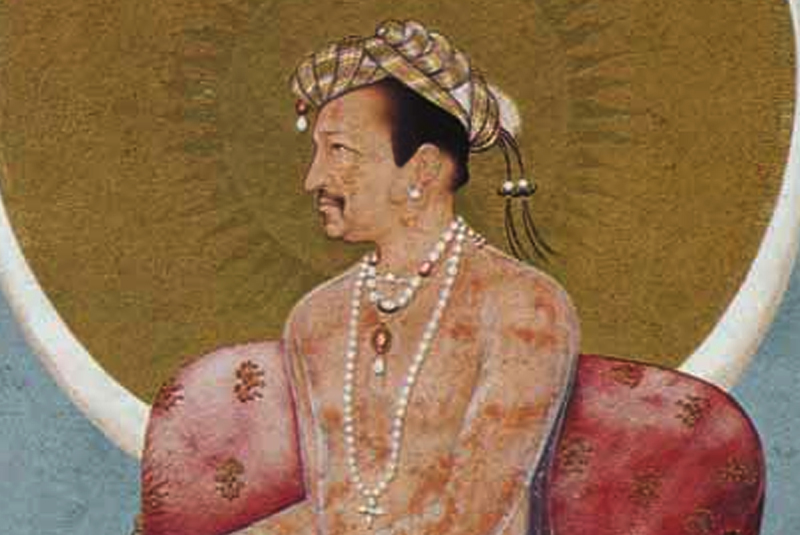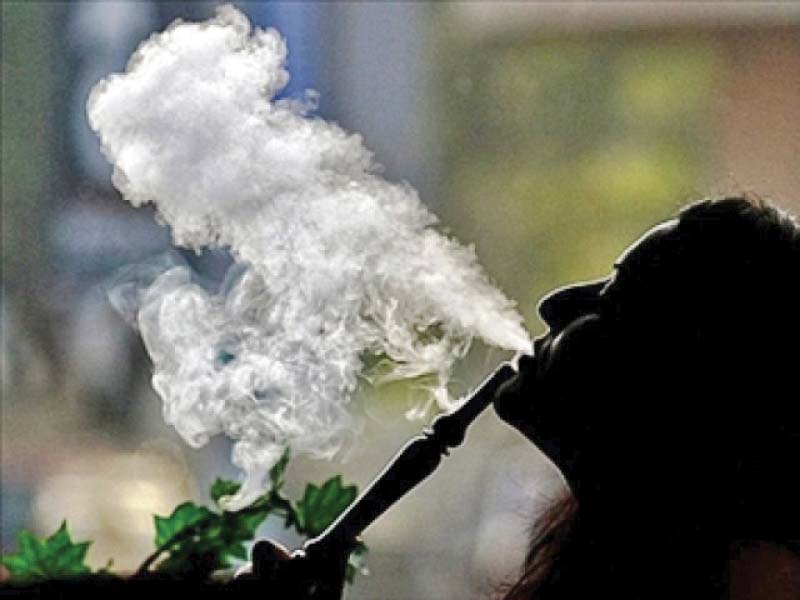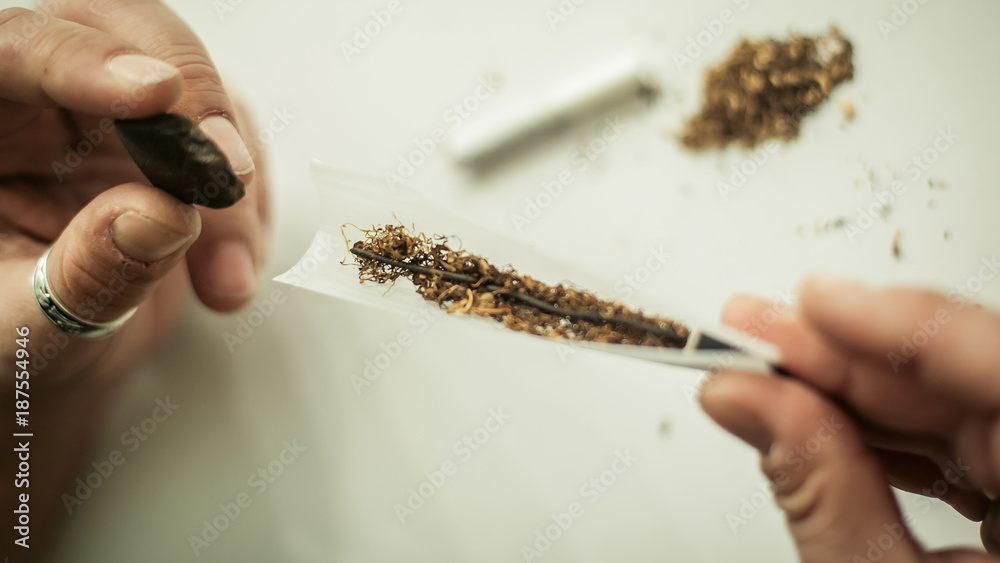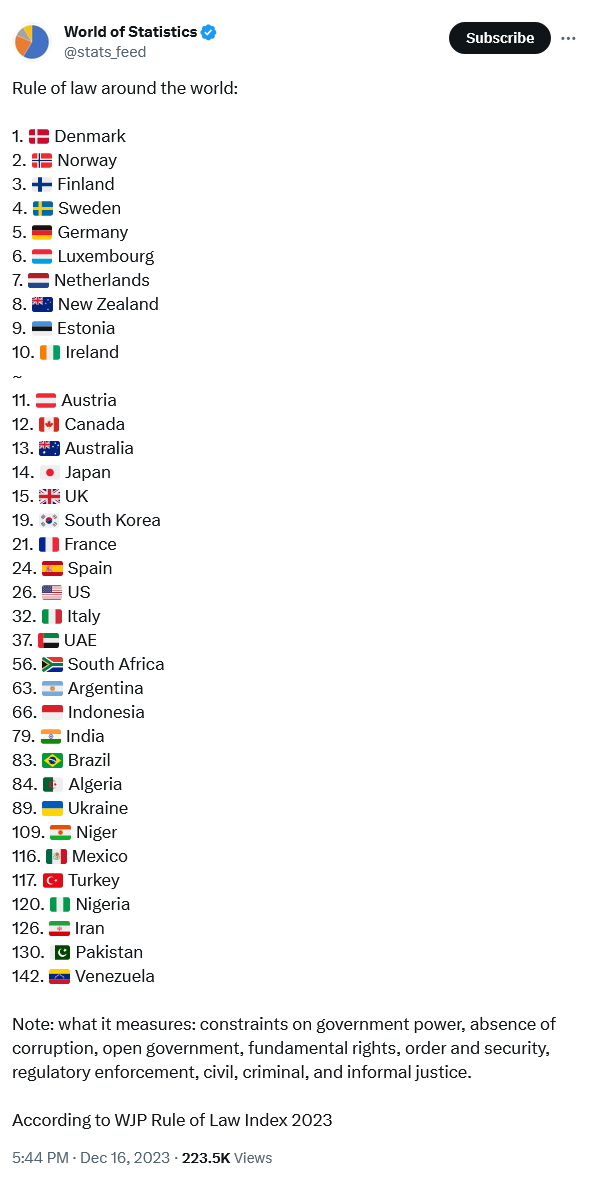Introduction:
Pakistan, a vibrant land where ancient traditions blend with modern life, offers a unique perspective on adult experiences. Often overlooked is the cultural significance of hashish, a substance traditionally associated with relaxation and community bonding.
In the vibrant tapestry of life in Pakistan where tradition meets modernity
In the vibrant tapestry of life in Pakistan, where the sun rises over the hills and the aroma of strong tea wafts through the bustling streets, one can discover a fascinating aspect of adult living that often goes unnoticed: the cultural significance of hashish, weed, and opium. These substances, often shrouded in stigma, offer not only a means of relaxation but also a profound connection to the rich traditions that bind communities together. As adults navigating the complexities of modern life, embracing such experiences can lead to a deeper appreciation for our environment and foster a sense of camaraderie among peers.
The history of these substances stretches far beyond modern perceptions. The use of cannabis and opium has a long and storied past on the subcontinent, stretching back thousands of years. From the ancient civilizations of the Indus Valley to the courts of the Mughal emperors, cannabis and opium played significant roles in social and cultural practices. These were not mere indulgences but were woven into the very fabric of the community’s existence. Historical texts reveal that the inhabitants of what is now Iran, Afghanistan, Pakistan, India, the Seven Sister States, and Bangladesh have been using these substances for both medicinal and recreational purposes since at least the 3rd century BCE. Ancient Ayurvedic texts documented the use of cannabis as a therapeutic agent, while opium was revered for its pain-relieving properties and often employed in traditional medicine.
In local hotels, where the chatter of patrons harmonizes with the clinking of cups, one may witness how hashish, cherished for its psychoactive properties, serves as an escape from the relentless pressures of daily existence. Enjoying a joint or a hashish-infused concoction while sipping on strong tea creates an atmosphere of shared joy. It is a ritual, not an indulgence. A moment where souls connect, laughter flows freely, and conversation delves into the essence of life itself. The gentle high allows for a reflective state of mind, enabling individuals to contemplate their aspirations, their place in the cosmos, and the philosophies that shape their existence.
However, the perception of opium is somewhat different, often clouded by misunderstanding in the contemporary world. Yet, opium too, like cannabis, is deeply embedded in the region's culture and traditions. When approached with respect and awareness, its use can lead to enhanced creativity, fostering a meditative state that encourages personal growth. Many artists and thinkers have sought inspiration in the calming embrace of opium. For them, it’s not simply a tool for altering their perception of the world, but rather a means to unlock deeper layers of thought and expression. As with all things, the key lies in mindfulness and moderation, acknowledging the delicate balance between enjoyment and responsibility.
As we move through the modern landscape of Pakistan, there is a deeper societal connection between the communal acts surrounding these substances. Rolling a cigarette, for instance, becomes a form of art when intertwined with hashish or weed. It transforms a simple act into a communal bonding experience, where the skill of crafting the perfect roll is admired, and the conversation is filled with laughter and shared stories. The act of rolling isn’t just mechanical but carries a symbolic weight in its ability to deepen relationships and foster a sense of belonging in the dynamic social fabric of Pakistan. It’s a subtle reminder that, even in the most unassuming moments, there is an opportunity to cultivate connection and joy.
Another often overlooked aspect of this cultural practice is the economic dimension. While the focus remains on the enjoyment or recreational use of these substances, the broader societal impact must not be ignored. For instance, the simple act of smoking contributes significantly to Pakistan's economy. With a tax rate of Rs 16,500 per thousand cigarettes (or Rs 330 per 20-stick pack) imposed on products with a printed retail price exceeding Rs 9,000 per thousand cigarettes (or Rs 180 per 20-stick pack), smokers play an instrumental role in supporting the government's revenue streams. These funds are vital in aiding the state in addressing its debts to international bodies like the International Monetary Fund (IMF). Thus, every puff taken can be seen as a dual contribution: indulging in personal pleasure while also contributing to the broader economic framework of the nation.
It is in these moments, sitting at a roadside tea stall or under the shadow of towering mountains, that we find a powerful reminder of the ways in which our choices, no matter how small or seemingly insignificant, resonate within the larger tapestry of society. Hashish, weed, and opium may be viewed by some as mere recreational substances, but to those who engage in their use with a deeper awareness, they represent a broader cultural narrative—one that champions relaxation, reflection, and the forging of bonds through shared experiences. For adults living in Pakistan, these substances are more than a means of temporary escape; they are tools that invite a reevaluation of societal norms and encourage an open-minded approach to how we navigate the complexities of life.
By embracing such moments of reflection, individuals can break away from the mundane constraints of daily existence, allowing them to appreciate the world in its full richness. The cultural rituals associated with hashish and opium are not merely about indulgence but about finding meaning in an ever-changing world. It is in the simple joys of these rituals that adults can find a renewed sense of purpose, a reminder that life is to be lived fully, in the company of others, with an open heart and a reflective mind. These substances serve as conduits, opening the doors to conversations that might otherwise never be had, allowing individuals to express their innermost thoughts and aspirations freely.
In a world that often values productivity over personal growth, the deliberate and mindful use of these substances encourages a philosophical exploration of one’s life and surroundings. Through the gentle embrace of hashish, weed, and opium, we are reminded to pause, breathe, and appreciate the fleeting beauty of the present moment. It invites us to look inward, to connect with the deeper aspects of our existence, and to cultivate a sense of empathy and understanding toward those around us.
This holistic view of life, which finds beauty in even the simplest of moments, resonates with the broader philosophy of living in Pakistan—a land where tradition meets the modern, where age-old practices still hold meaning amidst the rapid pace of contemporary life. The use of these substances is part of a broader cultural tradition that seeks to find balance in life’s complexities. It’s not about indulgence for indulgence’s sake but about finding a deeper connection to the world around us and to the people we share it with.
In closing, we must acknowledge the profound impact that such traditions have on the collective psyche of adults living in Pakistan today. Hashish, weed, and opium serve as reminders of the rich cultural heritage that binds communities together, providing not just moments of relaxation but an opportunity for reflection, connection, and personal growth. They encourage us to slow down and appreciate the beauty of life’s small pleasures, reminding us that even in the face of life’s greatest challenges, there is always a moment of peace and connection to be found.
Historical Context:
The use of cannabis in Pakistan has a long history, predating modern perceptions. Evidence suggests its presence for millennia, woven into the fabric of social practices. From ancient civilizations to Mughal courts, it wasn't mere indulgence but a social and cultural element.
 |
| Jahangir, The Opium Addict & Nur Jahan, The Empress |
The entertainment of Thursday was arranged for use in that flower-land,
and I was delighted at drinking my usual cups.
Cultural Significance:
In local tea houses, the aroma of hashish blends with the chatter of patrons. Sharing a "chillum" (pipe) with hashish creates a shared experience, fostering conversation and laughter. This ritual allows for introspection, prompting individuals to contemplate their place in the world.
Modern Challenges:
While deeply embedded in tradition, the perception of hashish use faces challenges in the contemporary world. However, some argue for a mindful approach, emphasizing its potential for relaxation and fostering a sense of community.
The Art of Connection:
Rolling a cigarette filled with hashish becomes an art form, transforming a mundane act into a bonding experience. The shared laughter and stories while preparing the "joint" deepen relationships and reinforce a sense of belonging.
Economic Impact:
Beyond the cultural dimension, the use of hashish also contributes to the Pakistani economy. Taxes imposed on tobacco products generate revenue for the government, supporting essential services.
Finding Meaning:
Sharing a "chillum" at a roadside stall serves as a reminder of how seemingly small choices resonate in society. Hashish, for some, represents a cultural narrative that prioritizes relaxation, reflection, and connection through shared experiences.
Beyond Escape:
For adults in Pakistan, hashish isn't just an escape; it's a tool that invites a reevaluation of societal norms and encourages open-mindedness in navigating life's complexities.
Embracing Life:
Hashish use encourages individuals to appreciate the world's richness by breaking away from daily routines. The cultural rituals aren't simply about indulgence but about finding meaning in a changing world.
Open Communication:
Sharing hashish can open doors to conversations that might otherwise be avoided, allowing for the expression of innermost thoughts and aspirations.
Mindful Exploration:
In a world focused on productivity, the mindful use of hashish can prompt a philosophical exploration of oneself and the surroundings. It encourages a pause to appreciate the present moment.
Connecting with the World:
Hashish use can inspire introspection, encouraging connection with one's inner self and fostering empathy for others.
Balance and Harmony:
This holistic approach to life resonates with the broader Pakistani philosophy of finding balance amidst tradition and modernity. The use of hashish becomes part of a cultural effort to seek harmony in life's complexities.
Conclusion:
Hashish undeniably plays a significant role in the lives of many adults in Pakistan. It serves as a reminder of their rich cultural heritage, fostering relaxation, connection, and personal growth. By encouraging a slower pace and appreciation for life's simple joys, hashish use reminds us that even amidst challenges, there's always space for peace and connection.
While substances like hashish, cannabis, and opium hold cultural significance in many traditions, they offer a far more profound connection to the spiritual world than the fleeting escapes provided by modern drugs or alcohol. These traditional practices are often rooted in rituals that promote mindfulness, reflection, and a deeper appreciation of life, unlike the numbing effects of substance abuse in contemporary settings. When used responsibly and with intention, they become tools for self-discovery, creativity, and communal bonding, nurturing the soul rather than merely providing temporary relief from life's burdens. They encourage a reflective and connected existence, where the mind and body harmonize with ancient traditions and the natural world, offering wisdom and insight instead of mere intoxication.
Please note: It's important to acknowledge the legal restrictions surrounding hashish use in Pakistan. This article explores the cultural significance, and you may want to add a disclaimer about the legal status.


















